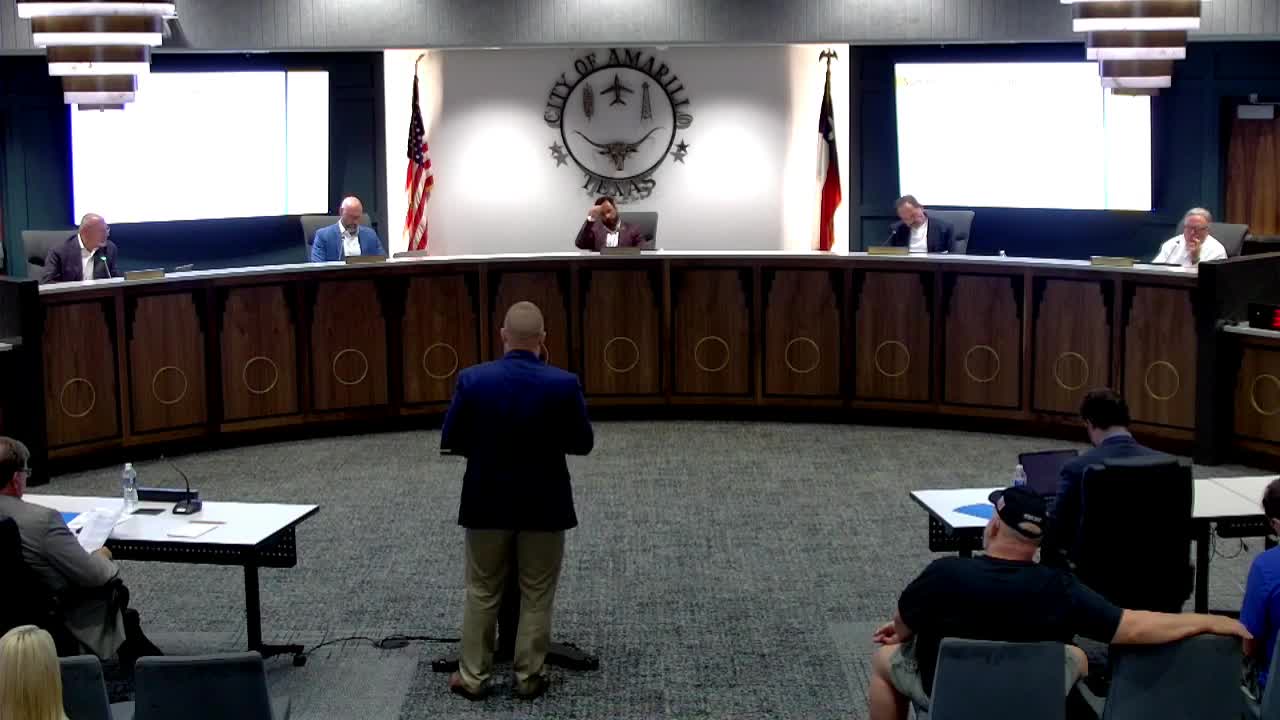Amarillo City Council Revises Food Establishment Permitting Under New Texas Laws
August 12, 2025 | Amarillo, Potter County, Texas
Thanks to Scribe from Workplace AI , all articles about Texas are free for you to enjoy throughout 2025!

This article was created by AI using a video recording of the meeting. It summarizes the key points discussed, but for full details and context, please refer to the video of the full meeting. Link to Full Meeting
Senate Bill 1008, effective September 1, 2025, introduces a statewide standard for food establishment fees. This legislation mandates that local jurisdictions, including Amarillo, must assess fees based on gross sales rather than risk, aligning with practices adopted by many cities across Texas. The bill also limits local permit requirements, meaning that certain exemptions issued by the state, such as those for childcare centers and nonprofits, must be honored. Additionally, any regulatory changes will require a 60-day notice to stakeholders, allowing for community input.
The council anticipates a financial impact from these changes, projecting a potential loss of $200,000 in revenue due to the new fee structure. This shift raises concerns about cost recovery, as the burden may fall on local taxpayers to cover the shortfall. Council members expressed frustration over the state legislature's decision to dictate local fee structures, which they believe will lead to increased taxpayer expenses.
House Bill 2844, set to take effect on July 1, 2026, will transfer mobile food unit permitting from local authorities to the state. This means that food trucks will require a state-issued permit, complicating the regulatory landscape for local restaurateurs. While the city can still conduct inspections under an interlocal agreement with the state, the specifics of this arrangement remain uncertain.
The council also took the opportunity to clean up definitions and align local regulations with state law, ensuring clarity and consistency in the permitting process. This includes establishing a universal expiration date for permits and introducing a proration system for permit renewals.
As the city prepares to implement these changes, discussions about potential strategies for cost recovery and collaboration with the public health district are expected to continue. The council's proactive approach aims to mitigate the financial impact on the community while ensuring compliance with new state mandates.
Converted from Amarillo - City Council Regular Meeting meeting on August 12, 2025
Link to Full Meeting
Comments
View full meeting
This article is based on a recent meeting—watch the full video and explore the complete transcript for deeper insights into the discussion.
View full meeting
